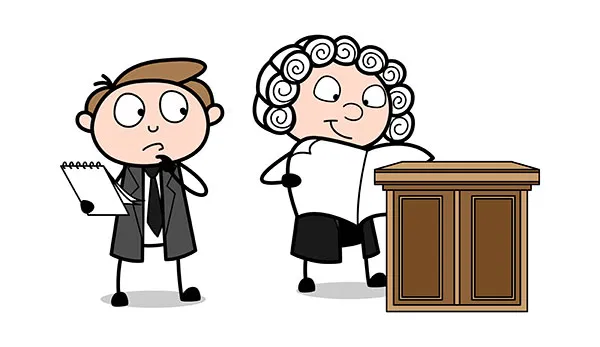Mohammed Arai
Social media on Sunday night went blustery when messages alleging, firstly, that as from Sunday midnight no South African citizen is allowed to post or share any updates relating to Covid-19 apart from government departments, and secondly, WhatsApp group admins may be held legally responsible for messages in their group chats.
Section 16 of the South African Constitution guarantees the right to freedom of expression, and since we are in a state of disaster and not in a state of emergency, this right may not be subjected to suspension or unjustifiable limitation by the State.
A legal expert in labour, constitutional, media and intellectual property law, Kgomotso Mokoena, alluded that those messages being circulated are factually and legally incorrect. Mokoena was speaking to Salaamedia’s Inayet Wadee on Monday evening to provide a legal opinion on those messages.
“The government has published regulations in terms of the Disaster Management Act, and section 11 of the [new] regulations criminalises spreading fake news, specifically disinformation, with the intention to deceive any person [about Covid-19],” Mokoena told Salaamedia.
This information provided by Mokoena confirms that South African citizens may continue exercising their right to freedom of expression, and social media messages purporting otherwise are both factually and legally fabricated.
Section 11 of the new regulations issued in terms of the Disaster Management Act states that “any person who publishes any statement, through any medium, including social media, with the intention to deceive any other person about Covid-19, Covid-19 infection status of any person; or any measure taken by the Government to address Covid-19, commits an offence and is liable on conviction to a fine or imprisonment for a period not exceeding six months, or both such fine and imprisonment”.
According to Mokoena, there is a lacuna, or gap in the law, in the abovementioned section of the new regulation because “how will the state prove that someone had the intention to deceive?”
“The safest thing for an individual to do is to not share information that they do not know personally to be true. Best is to refer to government sources because that information is backed by experts who work in the government.”
When asked whether WhatsApp group admins can be held liable for messages in their group chats, Mokoena said: “Right now this issue is very novel, and we haven’t seen anybody being held liable as WhatsApp group admins. These regulations are new and will have to be tested [over time].”
“I personally don’t think that the government would spend time and effort to deal with WhatsApp group admins. They would rather look for individuals on platforms such as Facebook and Twitter for sharing deceiving information.”
Mokoena, however, cautioned: “If WhatsApp admins and users are, in fact, found to be spreading deceiving information, they could be held liable. But, once again, the state would have to prove that the person had the intention [to deceive].”
“To protect yourself from any liability, avoid that share button. Rely on expert information, government sources, World Health Organisation website, Department of Health and Office of the President.”
Meanwhile, Police Minister Bheki Cele on Tuesday morning confirmed that eight people have been arrested “for disseminating false information about the Covid-19 pandemic in the country”. They will be charged under the Disaster Management Act.
EWN has reported that a 55-year-old Western Cape man has been arrested for posting a Facebook video claiming that coronavirus test kits were contaminated, and urged the public to refuse testing. He gave no evidence to support his claim.
Listen to the full discussion below:
Featured image from Google via Pinterest.
